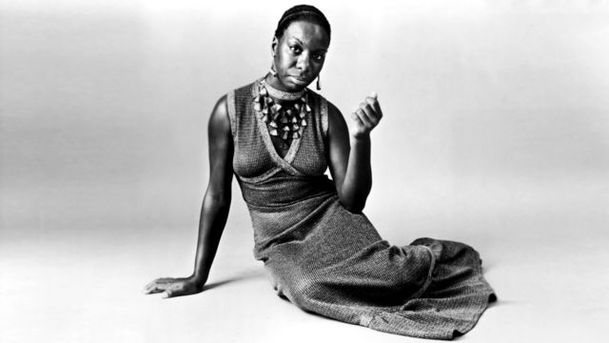Feeling Good: The Nina Simone Story - 04/01/2011

Nina's daughter Simone explores the life and career of her mother - the protest singer, jazz chanteuse, blues artist and live performer - sharing her personal thoughts and providing a glimpse of the real woman behind the distinctive voice. This two-part documentary features unreleased concert tracks and contributions from some of Nina's closest friends. These include Nina's high school friend Hannah Ferguson; her niece Joyce Stroud; her close friend Verta Mae Grosvenor; concert promoter Ron Delsener; her friend and Elektra Records A&R man Michael Alago, singer Patti Smith; and her drummer for 18 years - Paul Robinson. In part one, we hear about Nina's musical beginnings as Eunice Waymon, a 5-year old child protégé, learning classical piano with the help of people in her home town. She won a place at New York's famous Juilliard School but was turned down by the elite Curtis Institute in Philadelphia. This was an incredible blow to the young Eunice Waymon, who turned to teaching piano and playing in bars to make ends meet. At this point she took the stage name Nina Simone. She moved to New York City and signed her first record deal [not reading the small print which would cost her dearly later in her career]. New York was the place to be and Nina became closely associated with the civil rights movement, connected with both the radical black playwright Lorraine Hansberry and Malcolm X. She wrote her first protest song, Mississippi Goddamn, in 1963 - an enraged reaction to the deaths of four children in the bombing of a Sunday school in Alabama. She also met and married Andy Stroud, who became her manager [and Simone's father]. Throughout the 60s her output was prolific and she toured constantly in the US and Europe, always highlighting the civil rights message. When her marriage ended in the 70s, she left the US and became a global nomad, moving between Liberia, Switzerland, the Caribbean, the Netherlands, and finally France.